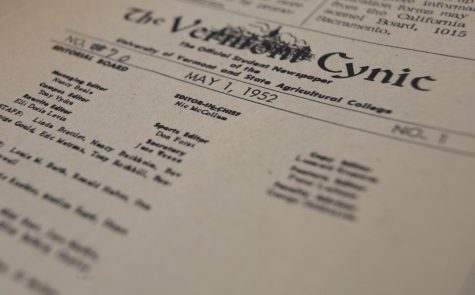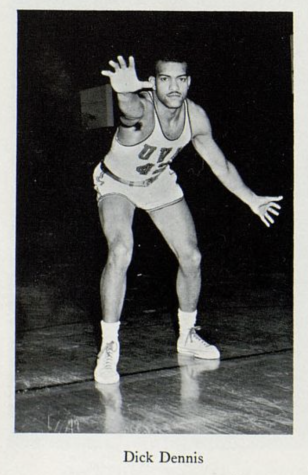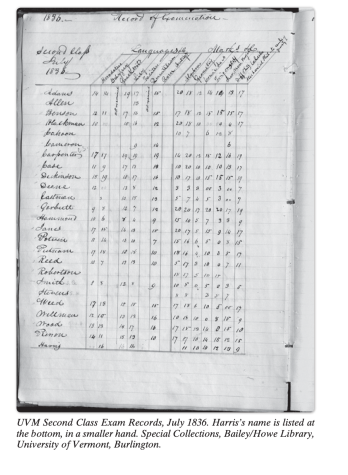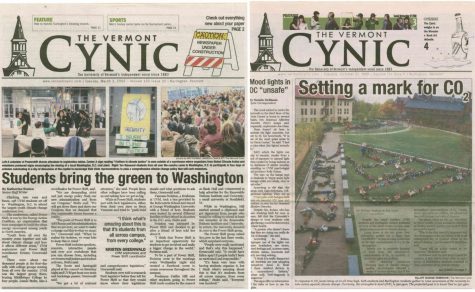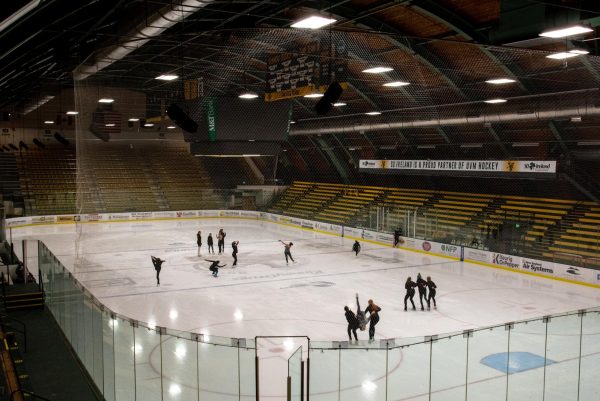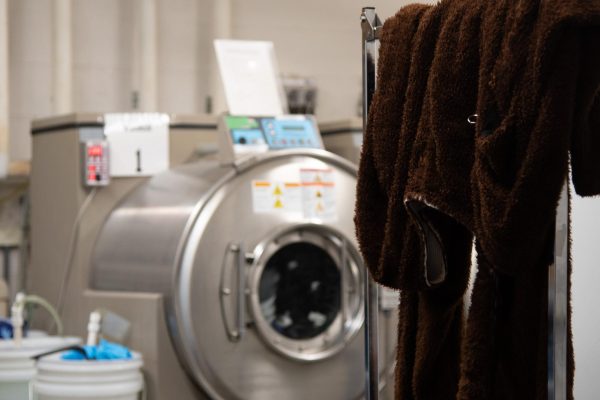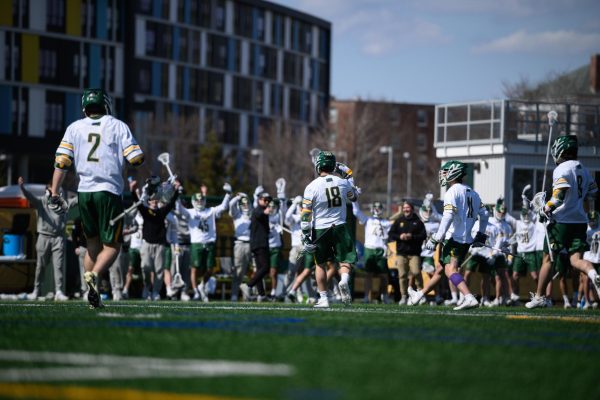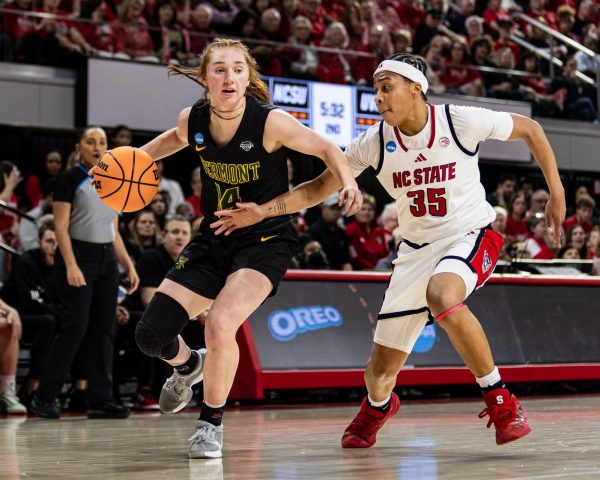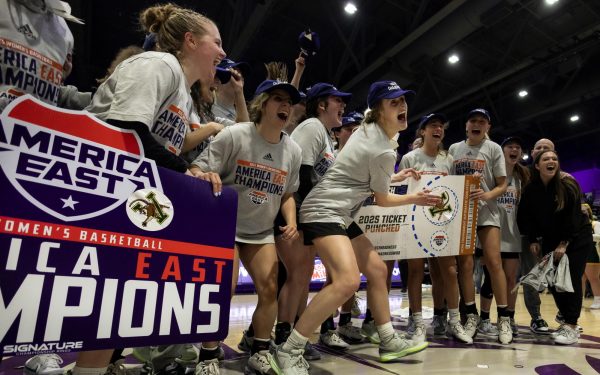Men’s ice hockey club looks to the future
With all the attention and hype the UVM men’s hockey team has garnered this season – and deservedly so – it’s hard to imagine another hockey team on campus with similar credentials.
However, the men’s ice hockey club led by six-year head coach and GM Josh Langer, along with senior president Charlie Hagen, is no pushover as the “other” hockey team at UVM and are frequently ranked as one of the top-20 club teams in the nation.
As a member of the American Collegiate Hockey Association’s Division II (ACHA), along with the Northeast Collegiate Hockey Association American Conference (NECHA), the club competes in a high-level, 24-game regular season schedule, Langer said.
Though the club finished their season in disappointing fashion, falling just short of the NECHA playoffs, Langer said that the team has never been stronger.
“All in all [this season] went well,” Langer said. “It’s frustrating to not end up in the playoffs – a couple of injuries, a couple of mistakes here and there changes a season.”
However, off the ice, Langer said the program as a whole is highly organized, with officers, players and coaches all working together to keep the club functioning at a “high level.”
“The club team is for the students, and run by the students,” Hagen said.
Langer said he helped to get the club off the ground as a sophomore at UVM in 2001. Langer said by his junior year the club was official, “and by my senior year we were playing games and practicing in the morning – we were disorganized, but chartered.”
When the club’s first coach, Ken Braverman, graduated in 2002, he handed the reigns to Langer, who has served as the team’s head coach and GM since graduating in 2003, he said.
Since then, Langer has watched his hard work help blossom the club into what it is now.
Langer said over 125 people came out for tryouts last semester, hoping to earn one of just 34 spots on the team – and few of the players were pushovers.
“Many of these guys could certainly be playing Division III, maybe a half dozen could play Division I,” Langer said of the team’s deep pool of talent.
Langer said he also receives three to four e-mails a week with interested and prospective students looking to continue their hockey careers at the club level, which under the ACHA Langer called the “fastest growing segment of USA hockey,” with more players and teams than the NCAA.
“A conflict for a lot of people,” Langer said, “is, ‘do I want to go and pursue this athletic direction [at a Division III level] or I do I want to go to the school I really want to go to?”
“Club works that balance really well – you can have a life, we’re not practicing six days a week, and so it works well for everybody,” Langer said, while also noting that most important to the club is making sure players have time to study.
Certainly this attitude has paid off, as the club boasts a collective 3.4 GPA, Langer said.
As for next year’s prospects, Langer said the team is graduating just four seniors – including Hagen – and has “one of the deepest teams we’ve ever had.”
Both Langer and Hagen agree that the purpose of the club goes beyond wins and losses.
“[The club players] love hockey, they want to play, and they want to be there,” Hagen said.
“[The club] gives people a sense of family and purpose while they’re at school,” Langer added.
While their season may be over, the club will host the NECHA all-star game for the second year in a row at Gutterson Fieldhouse, complete with a Saturday night skills competition on March 28 before the game itself on March 29.


